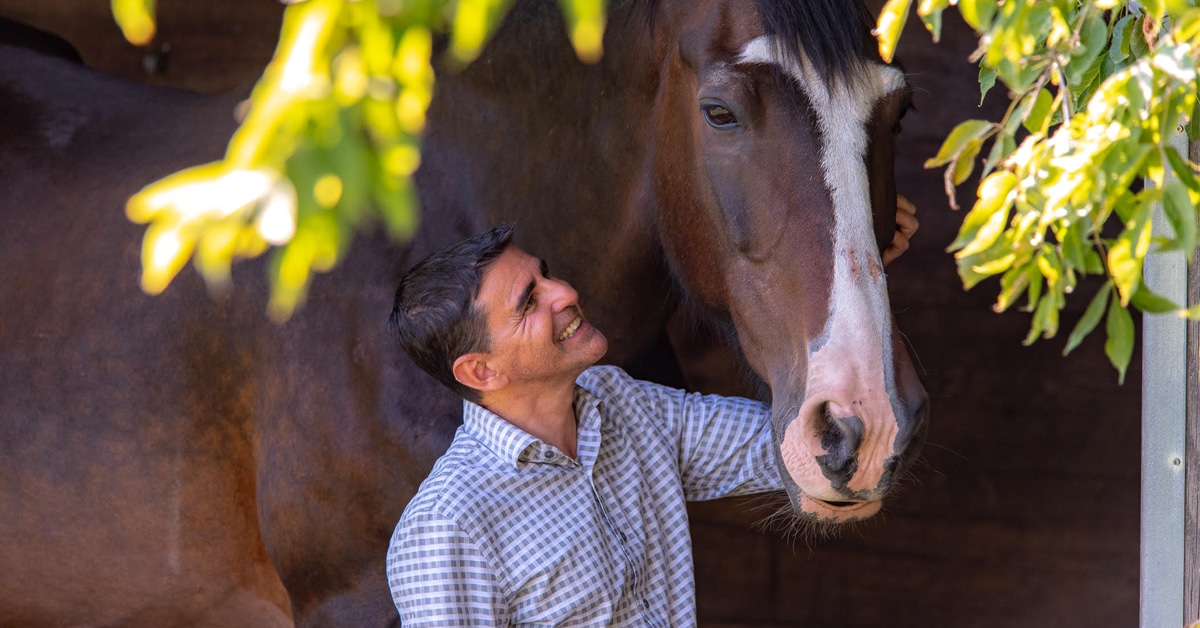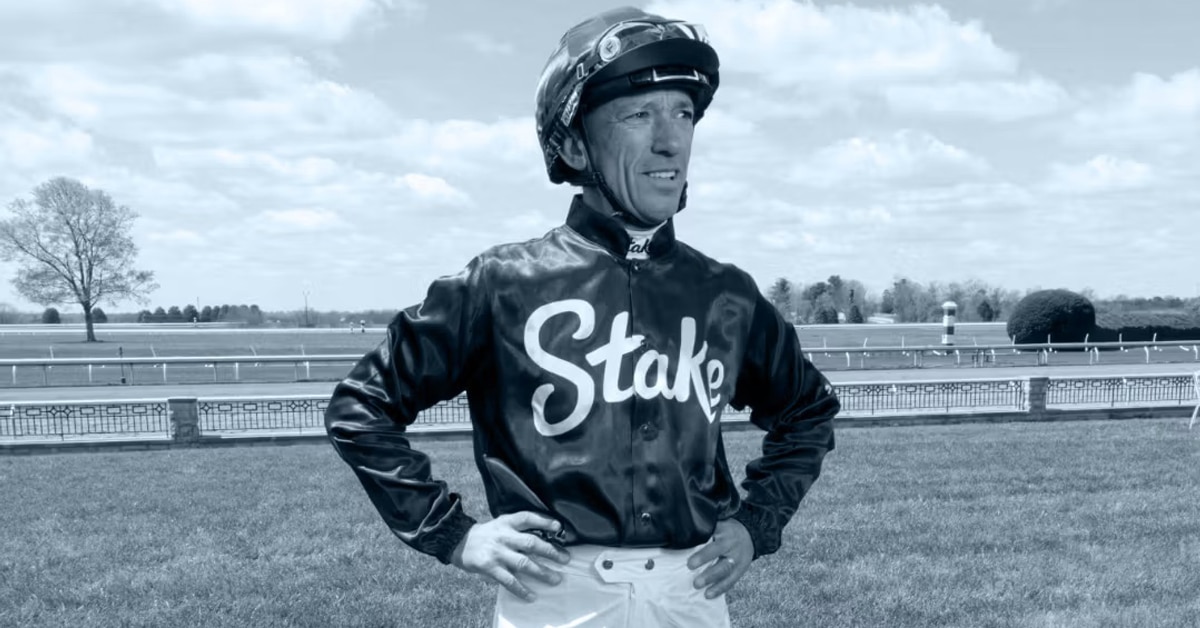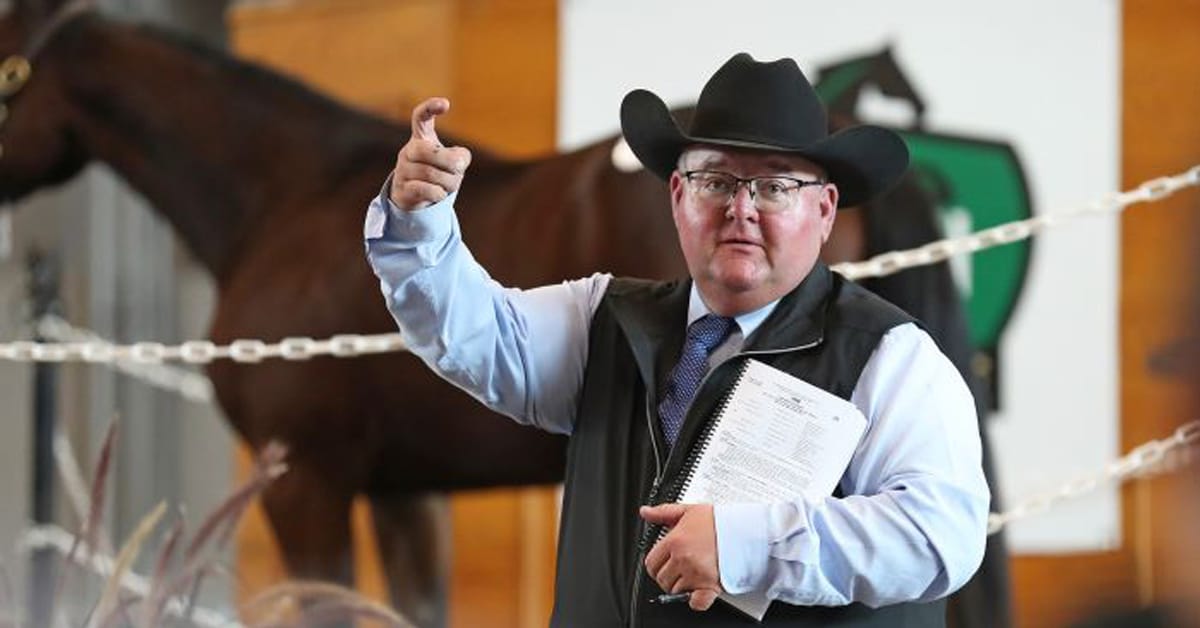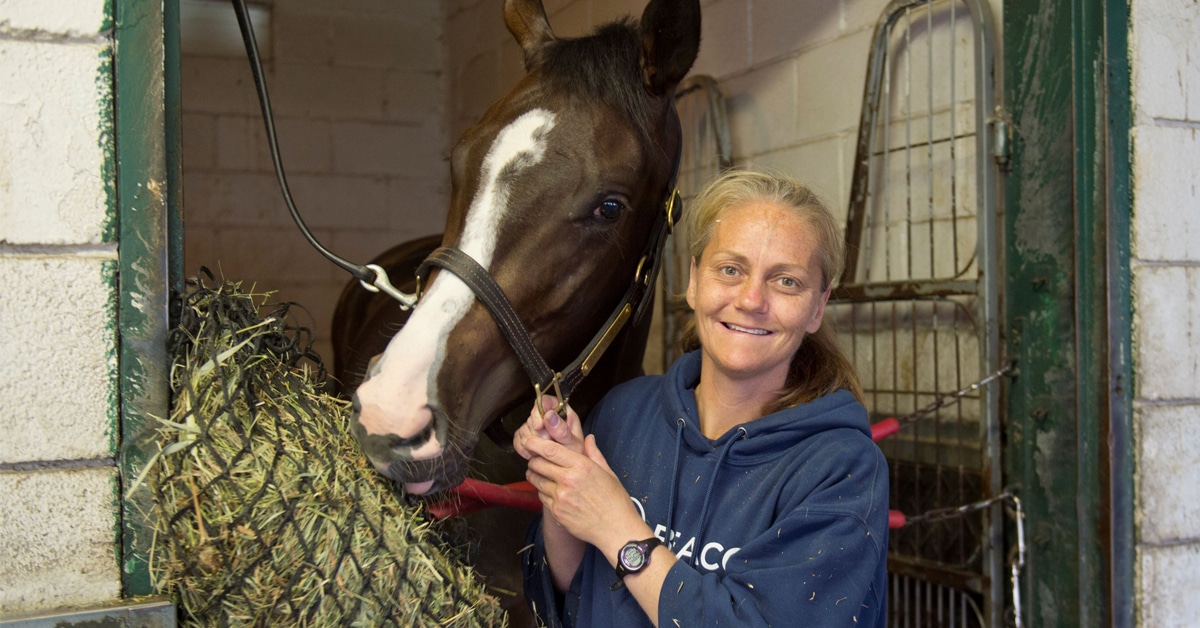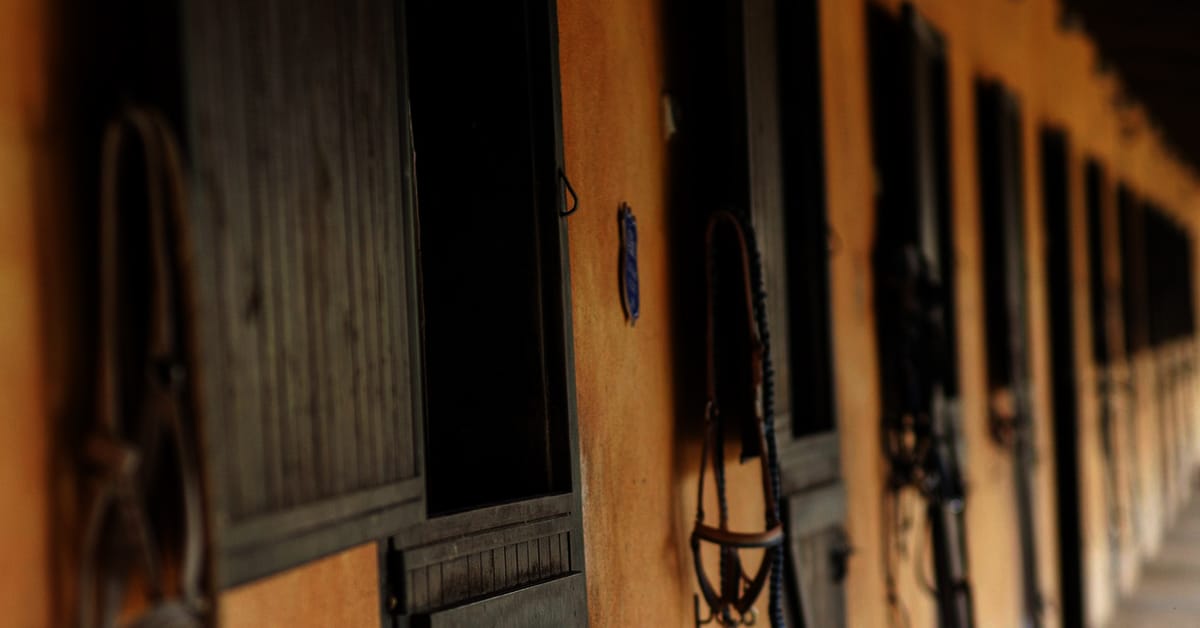Someone asked me recently what I thought would be the next trend in horse racing. When I answered, “decoupling,” this person said, “Oh, yeah, I remember when entries from the same owner or trainer would be coupled as 1 and 1A in the betting. I thought they already did away with that.”
“Not that kind of decoupling,” I said.
The decoupling I’m talking about is the separation of the casino business from the racing business. In some cases, it’s withdrawing the cash a racetrack casino provides to the purse fund that goes to horse owners. In the most extreme cases, decoupling is separating the license to run a casino from the license to operate a racetrack. Businesses that were given the right to install slot machines because they had betting on horse races no longer would be forced to conduct racing.
It could be a very serious threat to the future of the sport.
Very few racetracks are “standalone” operations these days. Most tracks throughout North America either are run as a casino/racetrack (aka, “racino”) or benefit financially in some way from casino games or slot machines on the premises of the track or in nearby gambling parlors.
Let’s take a trip down memory lane to see how this all began.
State and provincial governments were eager to find ways to raise revenue without raising taxes. Gambling companies were eager to expand out of Las Vegas and Atlantic City.
“Why not put some slot machines in the racetracks?” someone asked. “There already is gambling going on there, so technically it wouldn’t be an expansion. Besides, the horse racing industry has fallen on hard times and it needs a shot in the arm to survive.”
So into the racetracks the slot machines went. Everyone was happy. Track operators suddenly were making money. Purses for horsemen skyrocketed. Politicians didn’t have to raise taxes.
The tracks and horsemen that didn’t have this additional revenue from slot machines were envious – even more so if these new racinos were in a neighbouring jurisdiction where inflated purses tempted horsemen to race there instead. So like lemmings marching to sea, they all joined together on this journey toward what they thought would be eternal happiness. They lobbied lawmakers to pretty please give them slot machines, too.
Now casinos and slot machines are virtually everywhere – the most notable exceptions are racetracks in California, Illinois, New Jersey and Kentucky.
And a funny thing happened. The racetracks themselves – even tiny tracks in rural outposts – became so valuable as racinos, the track owners couldn’t resist generous offers from casino companies wanting to buy them. So now, instead of racetracks being owned by individuals or companies with a passion for horse racing, they are in the hands of casino companies – many of them publicly traded – run by people with a passion for maximizing profits per square foot.
These casino managers look at their balance sheets and see slot machines raking in the dough … and their racing operations spending it. They see the acres dedicated to a racing oval and stable area as wasted real estate.
The soldiers are beginning to exit the Trojan Horse. Or, if you prefer, the wolf is taking off his sheep’s clothing. Either way, it’s clear that racetracks and casinos are not really the match made in heaven so many thought it would be.
With a few exceptions, capital improvements on the racing side of a racino are minimal at best, while slots parlors are modern and comfortable. Marketing budgets for racing are slashed, while loyalty programs and player tracking for the casino side is cutting edge.
“No one is interested in racing any more,” some of the racino executives implore. “It’s dying.” They really do say that. I’ve heard them.
Florida is ground zero for decoupling, where lawmakers are considering allowing pari-mutuel operations to keep their slots but shutter their horse racing, dog racing and jai-alai businesses. To be sure, there are no immediate concerns Gulfstream Park would cease horse racing if decoupling was permitted. But just as the dominos fell to add slots to racetracks, so, too, will we see a stampede by casino companies if Florida gets the decoupling ball rolling.
The Latest

